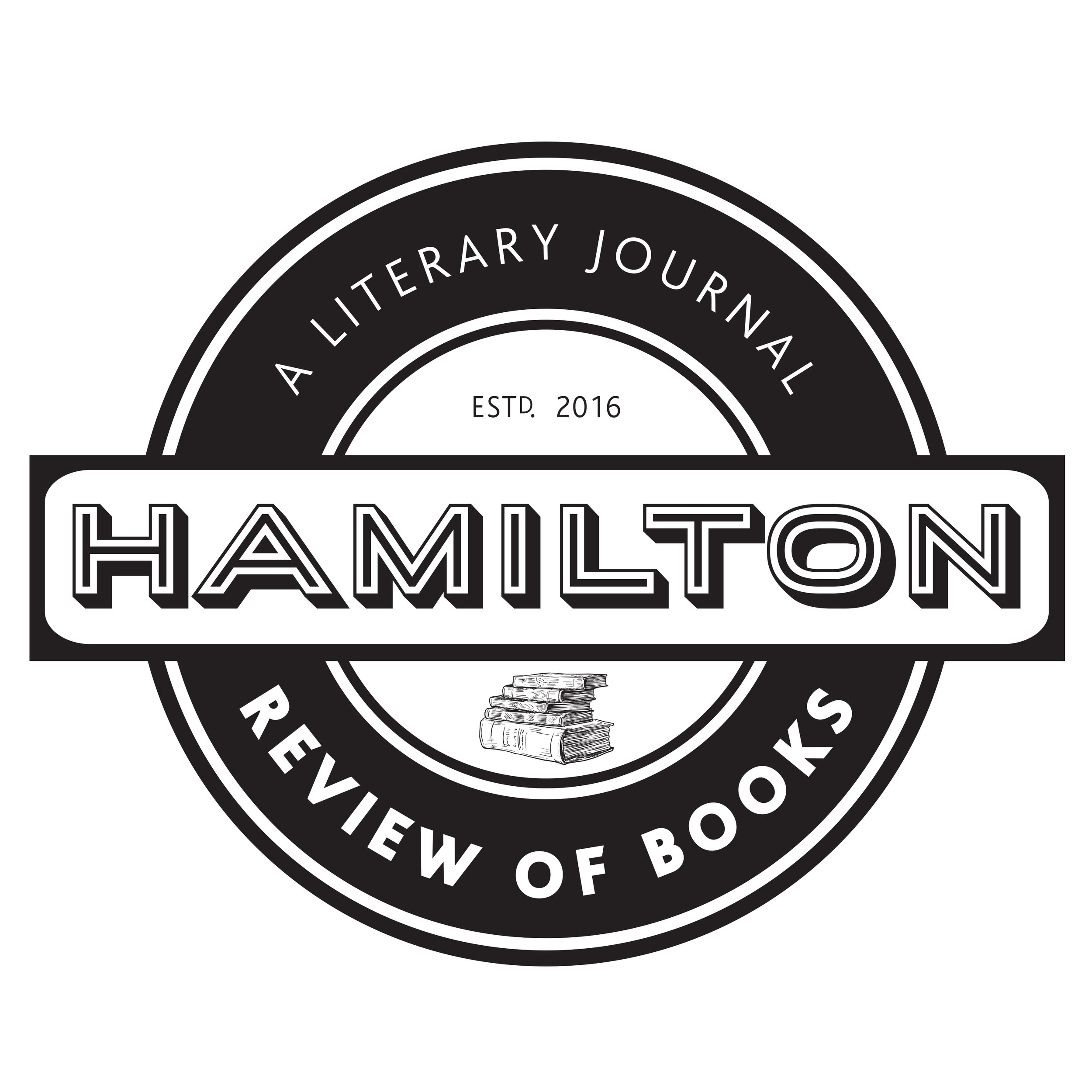Catherine Graham. Quarry. Two Wolves Press. $21.95, 261 pp., ISBN: 978-0-9951858-1-4
A Review of Catherine Graham's Quarry
Review by Krista Foss
When it comes to self-knowledge, my money’s on poets: theirs is a form that pairs limited space with lots to say. Accomplished poet Catherine Graham told The Hamilton Spectator recently that she relied largely, though not entirely, on her own experience losing both parents for her debut novel, Quarry. This intimacy with grief at a young age combined with her poetic discipline gives the book emotional stealth; it tunnels upward like water beneath a frozen surface, a phenomenon described in one of its many breathtaking passages.
Quarry is narrated by only-child Caitlin Maharg starting when she’s eleven and her family has just moved from a beloved “upside-down” split-level, to a new property with a beautiful quarry in the back yard. It’s at the water’s edge that her mother Rusty, formerly an avid tennis player and homemaker, smokes Benson & Hedges and weathers cancer treatments that will last deep into her daughter’s adolescence. It’s here too that young Caitlin plunges beneath the water’s surface, season after season, trying to get across in one breath, while her father, envelope salesman Don, never fully puts his head under. Instead, he flounders from being solicitous and tender to his slowly dying wife, to slipping out for adventures in cross-border bars.
With his George Hamilton tan and salesman’s patter, Don escapes partly to stay out of the way of Rusty’s mom, Florence, who arrives to help care for her ill daughter. Caitlin doesn’t know her slyly cruel grandmother very well. Florence lives in another town, where she’s the model of uprightness: a member of the Imperial Order of the Daughters of the Empire who delivers Meals-on-Wheels for her local church. The “falling out” that has kept Florence and Rusty apart for years hints at the murk of family secrets Caitlin eventually unburies.
To get there we follow Caitlin through her adolescence and into university: en route there’s a gleeful immersion in circa ‘80s southern Ontario, from Pac-Man to Little House on the Prairie, keg parties to the kitschy world of tour sales in Niagara Falls. There are also gloriously precise images burrowed like bright daggers in the concreteness of Graham’s prose. In a later scene, when Caitlin confronts her grandmother, she observes, “A crumb dangled from the corner of her mouth. She flicked it with the point of her tongue, a little pink animal.”
Like the quarry she swims, Caitlin’s knowing is under the surface of a sweetly naïve self. She operates mostly by rote, doing the bidding of her father, grandmother, and an adored professor (a character who would be a bit of trope in less deft hands) until finally something truer comes up for air. For her, tragedy and secrets“…had boiled my world down to this: What do I have to do to get through the day, and who will help me?”
In the process she embodies all the meanings of quarry: excavation, argument, prey.
The final quarter of the book is dense with revelations — and for this reader, not all of them scanned as fully developed or even necessary. But I couldn’t stop reading because Quarry had personal resonations. There’s a young woman in my life who, like Caitlin, suffered “a wound on top of a wound.” I’ve watched her carry on, throwing herself into adventure, school and work, joys and set-backs, so much so that I am lulled into a helpless hopefulness that she is mostly unscathed.
Through Caitlin Maharg, Graham offers a more complicated, ultimately richer, hopefulness. When Caitlin comes to understand the nature of loss— “There was no other side to touch and return from, only through and through and through until the water of grief became the water inside you, one and the same, and you took it all in” — the reader grows wiser with her.

